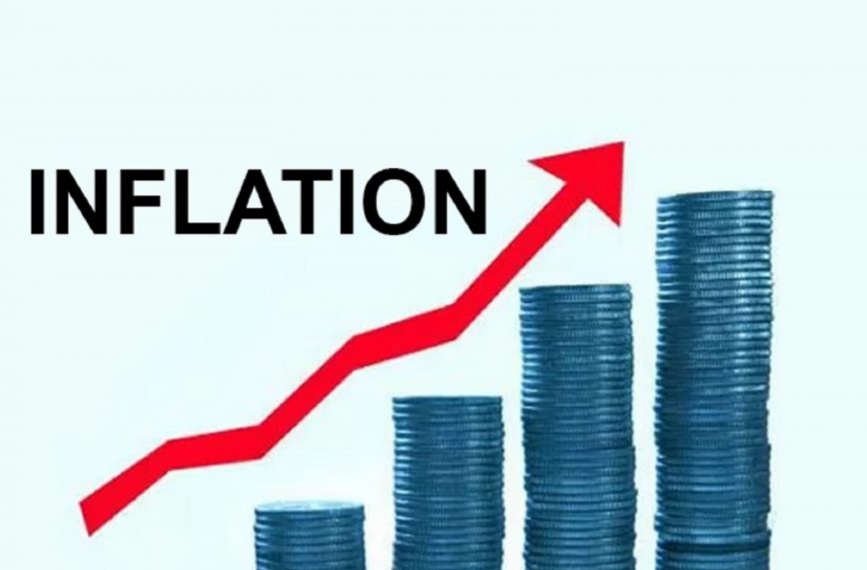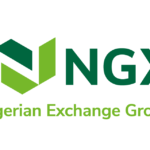By Chioma Obinagwam
The Food Inflation has been blamed for the rise in Nigeria’s headline inflation which expanded by 23 basis points (bps) to 15.63 percent in December 2021 from the 15.40 percent it achieved in November 2021.
Confiance News gathered from a Cordros Research report at the weekend.
Confiance News recalls that Nigeria’s headline inflation had moderated consecutively for eighth months before the recent expansion.
According to Wikipedia, an online free content encyclopedia project, Inflation as a general increase in prices and fall in the purchasing value of money whereas Headline inflation is a measure of the total inflation within an economy, including commodities such as food and energy prices, which tend to be much more volatile and prone to inflationary spikes.
“Month-on-Month, headline inflation rose by 74bps to 1.82% – the highest since May 2017 (1.88% m/m),” the report indicated.
It noted that bread and cereals, Food products, Meat, Fish, Potatoes, yam and other tubers, Soft drinks and fruit were the major food items that triggered the rise in food inflation because they recorded the highest prices in the petiod.
On a month-on-month basis, it pointed, food inflation expanded by 2.19 percent, relative to the 1.07 percent recorded in the previous month.
“Elsewhere, core inflation was up slightly by 2bps to 13.87% y/y. Pressures were most significant in the prices of Gas, Liquid fuel, Wine, Actual and imputed rentals for housing, Narcotics, Tobacco, Spirit, Cleaning, repair and hire of clothing, Garments, Shoes and other footwear and Clothing materials, other articles of clothing and clothing accessories. Compared to the previous month, the core index moderated by 14bps to 1.12%, relative to the 1.26% recorded in the previous month,” it disclosed.
More so, Cordros Research foresee a further increase in food prices, howbeit, in the short-term.
“We expect food prices to rise slowly over the short term amidst the high base effect from the prior year. We also expect higher utility prices to pressure the core inflation. Accordingly, we expect the inflation rate to settle at 1.36% m/m in January, with the high base effect from the prior year translating to 15.47y/y,” Cordros Research revealed.








Leave a comment